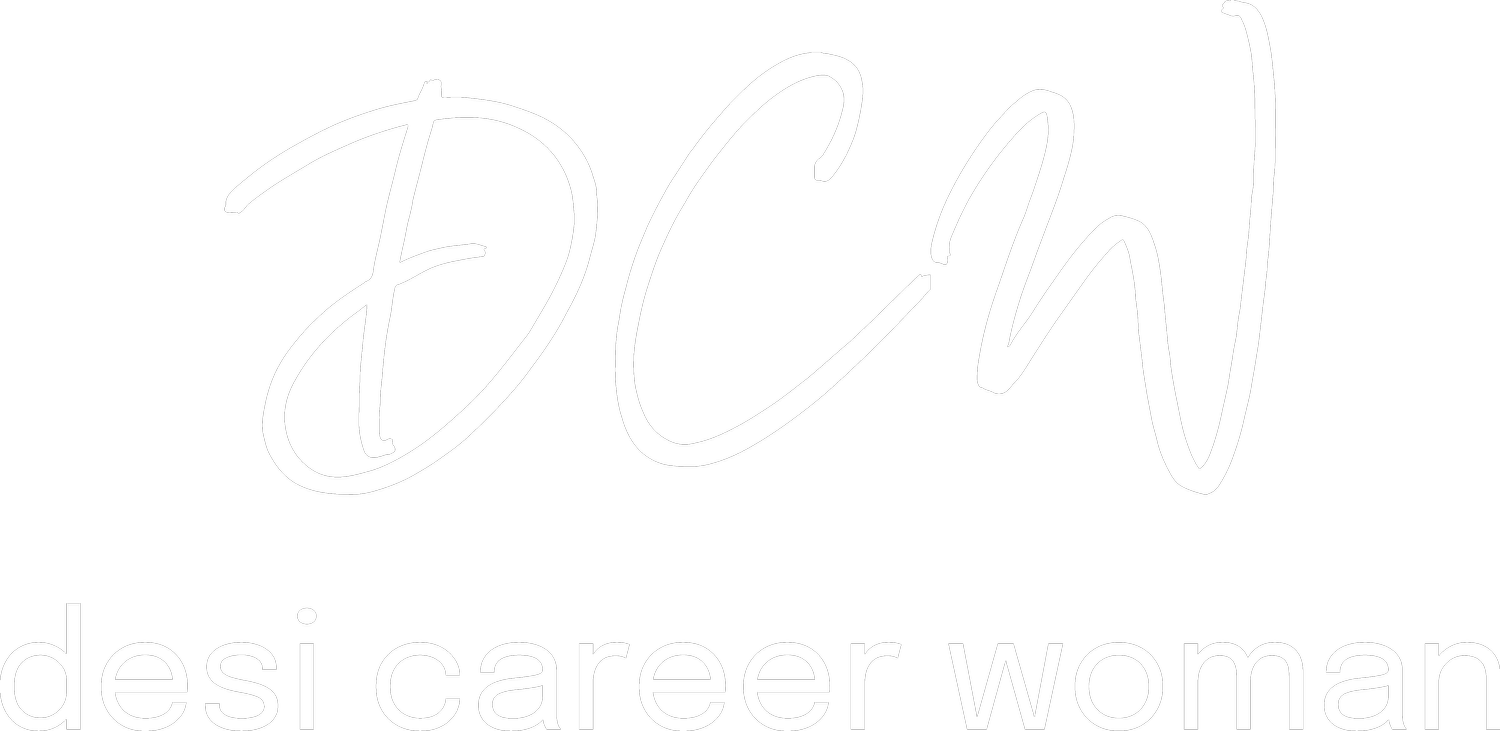School After School
(These are my opinions only and do not reflect the opinions of my place of employment).
My parents always told me that I would miss high school when I was in college. I also heard I would miss college once I graduated. People always talked about “lifelong learning” but nobody really mentioned what it really meant. After graduating, I realized that a lot of what we do at work is not learned in school, and vice versa. I realized my learning would never end. Here are some of the best ways I continued “school after school” as a career woman.
Certifications: Certifications offer valuable opportunities for professional development in various industries, providing specialized knowledge and skills that can enhance career prospects. While not always mandatory, obtaining relevant certifications can strengthen one's qualifications and open doors to new opportunities. For example, transitioning from Lean Six Sigma in Manufacturing to Project Management certifications facilitated a successful shift into Program Management within just five years of graduation, culminating in achievements such as PMP (Project Management Professional) and Scrum Master certifications. For me, I focused on Lean Six Sigma when I was in the manufacturing industry and then moved on to Project Management-like certificates once I made the switch into Program Management. Within 5 years of graduation, I am the proud holder of a PMP (Project Management Professional) and a Scrum Master.
Online Courses: While Certifications are amazing at gaining recognition, we should also focus on smaller courses and updating our skills as we learn new technologies and techniques. Online courses serve as invaluable resources for post-graduation professionals seeking to advance their careers and thrive in the workplace. These courses provide convenient and flexible opportunities to acquire new skills, stay abreast of industry trends, and adapt to evolving job requirements. Whether mastering new technologies or refining leadership abilities, online courses empower individuals to continuously grow and excel in their chosen fields, enhancing their competitiveness and prospects for career progression. There are amazing platforms for these, such as W3Schools, Udemy, Coursera and LinkedInLearning. I personally have recently taken W3Schools’s SQL course to brush up on my SQL reporting skills (something I learned in my degree but hadn’t used since).
Peer-Learning: Peer learning offers a dynamic and collaborative approach to expanding knowledge and skills in the workplace, fostering connections with like-minded individuals. Establishing peer support groups allows for mutual learning and growth, enabling individuals to share expertise and insights in a supportive environment. Whether through company-sponsored initiatives like "Lunch 'N Learns" or external workshops and panels, engaging in peer learning opportunities cultivates a culture of continuous development and knowledge exchange both within and outside the workplace. By tapping into the collective wisdom of peers, individuals can gain fresh perspectives, refine their skills, and stay ahead in their professional journey.
Cross-Functional Training: Ever wondered about your coworkers' daily routines? Job shadowing offers a firsthand glimpse into different roles within your company, fostering cross-functional understanding and collaboration. By experiencing various job functions, you gain valuable insights that can facilitate lateral career moves or promotions within the organization. This immersive learning experience not only broadens your skill set but also strengthens your network and positions you strategically for advancement. With a deeper understanding of different verticals, you can navigate career transitions with confidence and agility.
Workshops and Conferences: Last but never least, there are thousands of workshops and conferences every year! Attending industry-specific conferences, workshops, seminars, and networking events provides opportunities for adults to stay updated on the latest trends, advancements, and best practices in their field. These events often feature keynote speakers, panel discussions, and hands-on sessions, offering valuable learning experiences and the chance to connect with peers and experts in the industry. Additionally, conferences and workshops can inspire creativity, spark innovation, and expand professional networks, ultimately enhancing one's skill set and knowledge base.

